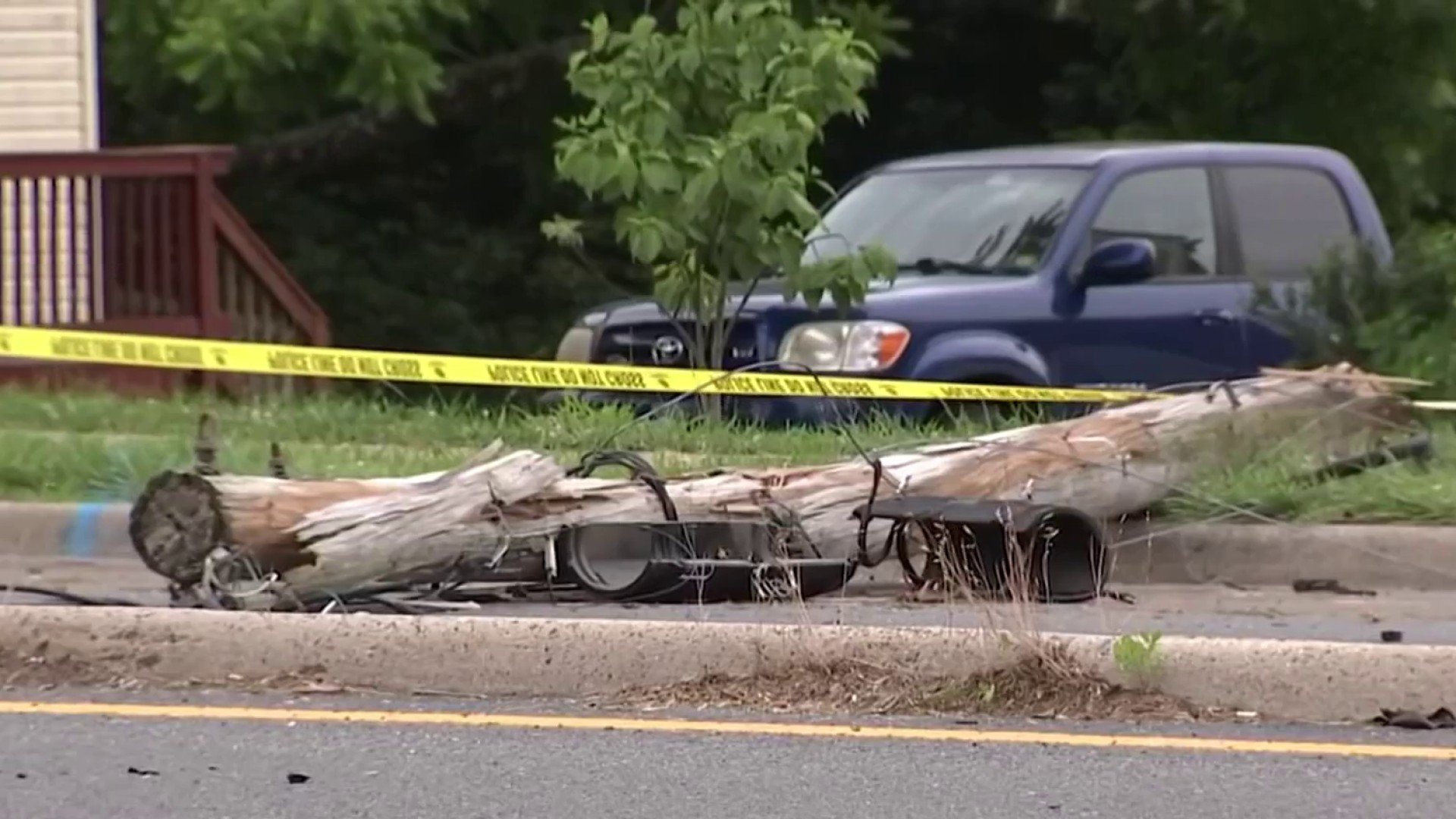Fairfax County Police officers now have a new option when they encounter minor offenders experiencing a mental health crisis.
If they think mental health treatment would be more appropriate than jail, they can turn to the new Merrifield Crisis Response Center -- a secure area inside the Fairfax-Falls Church Community Services Board building.
"What we are focused on is a system where people suffering from with mental illness can get the help they desperately need so they can turn their lives around and not continue to come into jail and to break that vicious cycle," explained Fairfax County Sheriff Stacey Kincaid.
Some reforms were already in the works when a mentally ill offender, Natasha McKenna, was stunned with a Taser during a forced transport from the Fairfax County Adult Detention Center in February 2015 and died soon after.
The incident was ruled an accident but it accelerated the search for better ways to deal with mentally ill offenders.
Last summer, News4 traveled with local law enforcement and mental health officials to Bexar County, Texas, to visit a model program there.
On Jan. 1, a jail diversion option began in Fairfax County. Now when a patrol officer decides an offender might be better off with treatment, they drive into a secure sallyport at the Merrifield Crisis Response Center. The subject is then transferred to the custody of a specially trained officer or deputy. Instead of jail cells, there are comfortable interview rooms. Community Services Board clinicians do an assessment to decide what kind of treatment is needed. There are even "calming" rooms where someone in distress can stay.
Local
Washington, D.C., Maryland and Virginia local news, events and information
"Individuals can come in here and settle down, up to 23 hours if they just need to settle down," Community Services Board Deputy Director Daryl Washington said.
In the first month, Fairfax County officers responded to 265 mental health calls in the field. In 107 of the cases, the officers turned to the Merrifield Crisis Response Center instead of the jail.
"Officers understand this is the right thing to do and its needed and now they have the option & the understanding & its just better care for our community, " said Lt. Ryan Morgan, who supervises the center for the police department. The sheriff's department shares responsibility for staffing the center.
Fairfax County Police Chief Ed Roessler said an important component of Diversion First is the continued Crisis Intervention Team training.
"We are re-engineering our efforts in Fairfax Coounty to serve those with mental health issues," said Roessler. "This is a philosophy and this is training and we are doing it."
The 40-hour courses help officers, deputies and other first-responders recognize signs of mental health issues. They are also trained in how to better communicate with those in crisis so they can deescalate the situation. Roessler said over the next several years every officer on the force will be CIT-trained.



